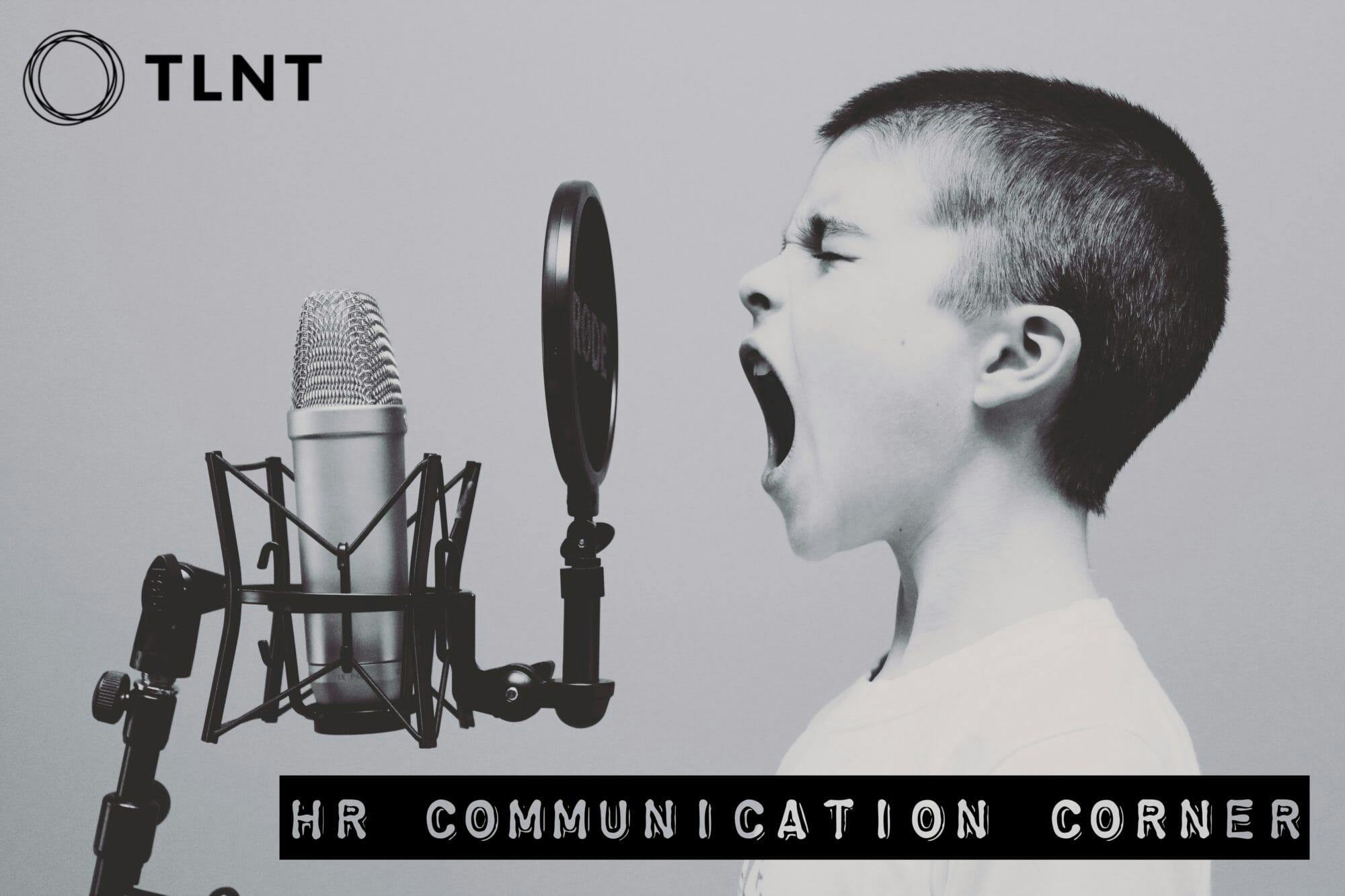Editor’s note: Frequent TLNT contributor Dianna Booher is beginning a weekly series on communication in HR. Given the importance of communications in the HR profession, I believe this will be a topic worth exploring over the coming weeks. —LH
The familiar caution “stay in your lane” definitely doesn’t apply to you if you work in HR. On the contrary. HR generalists and specialists are called on to dart in and out of many lanes these days.
Communication as a team sport
And you often have to go it alone — unlike those creators of the classic Super Bowl LIV ads. Consider the vast teams of scriptwriters, marketers, producers, and actors who worked on shaping the marketing message in the top ads: Amazon’s Alexa ad, with 61.5 million views; the Groundhog ad from Jeep, with 46 million views; and Hyundai’s Smaht Pahk ad at 42 million views. Even the 5th place T-Mobile’s 5G ad got 32 million views. Despite the creator teams involved, keep in mind that these were only 30-, 60-, and 90-second messages.
Yet you in HR often communicate with far more at stake than marketing leads. The survival of your entire organization may depend on how well you roll out a change initiative, blend cultures in a merger or acquisition, negotiate a dispute between warring executives leading different revenue-generating divisions, or recruit and onboard a superstar sales team.
The burden on HR communication
You’re expected to communicate with people at all levels inside and outside the organization to accept change, build influence, and gain buy-in. As an HR professional, you need to:
- Speak the language of top executives in the organization.
- Coach leaders in listening to their teams, gathering honest feedback, giving clear feedback, and resolving team conflict.
- Compile reports and respond orally and in writing to questions and concerns about compensation, policies, recruitment, retention, and the like.
- Engage participation and usher in change as well as influence compliance across the organization from often belligerent employees.
- Instruct, facilitate, research, and interview suppliers, subject-matter experts, and job candidates.
- Testify in court cases involving lawsuits resulting in mind-boggling settlements
Across the board, HR professionals live or die by their ability to influence different personality types. The strategies and skills most often used in all these roles? Communication. Before you tune out, thinking that’s a foundational skill that everyone has, think again. Watch those Super Bowl ads on YouTube again!
Granted, some people do dismiss the importance of communication as if they were endowed with those skills at birth. Many years ago in a conversation with an HR executive, I asked if their employees ever requested training on writing skills. His response floored me: “No, we hire only the best in our company. Everyone here has excellent communication skills.”
I managed to suppress a chuckle. Wishing doesn’t make it so. What’s more, few people manage to master the skill during a lifetime of learning. After writing a few dozen books on the topic, I’m still working on mastery and hoping to achieve that before I’m six feet under.
How to expand your communication expertise
- Study the editorials in major media and analyze how these opinion writers support their arguments.
- Observe corporate spokespeople who’ve been trained to respond to the media on “Gotcha” questions.
- Review those sales proposals that win unanimous support in your organization to move forward on big-ticket initiatives.
- Identify those speakers who sway audiences. Analyze what they do—or don’t do—to connect with their audiences.
- Observe meeting participants as they present ideas and react to comments from others. Consider how relationships grow closer or more distant because of communication styles.
- Notice which messages raise a politician’s profile—or undercut his or her platform.
- Learn from great books, podcasts, and courses that drill down on key specialized skills.
I hope you’ll engage in this HR Communication Corner in the weeks to come with your own ideas, opinions, and questions as we together tackle critical HR communication challenges.
